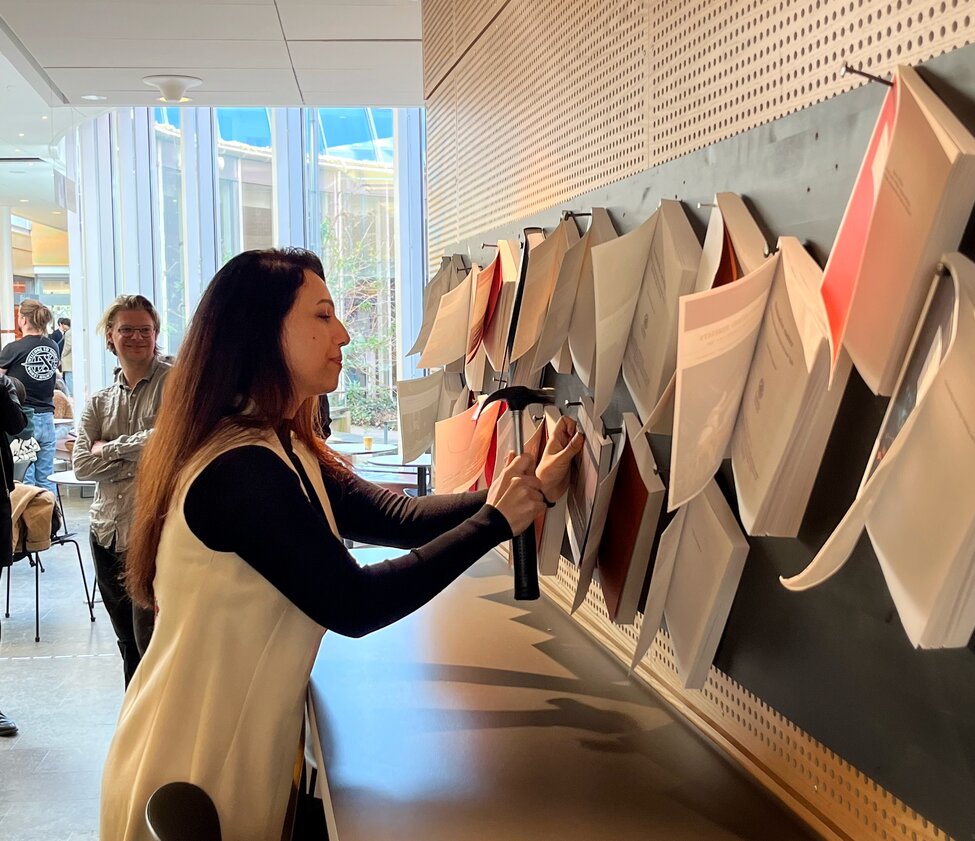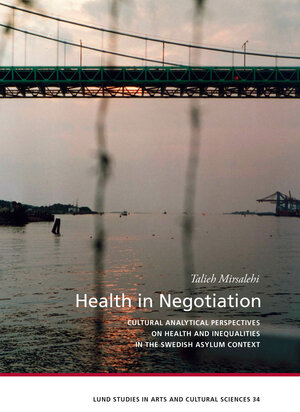Spikning: Talieh Mirsalehi – Health in Negotiation: Cultural Analytical Perspectives on Health and Inequalities in The Swedish Asylum Context

Talieh Mirsalehi spikade sin avhandling i etnologi 2 maj 2024. Disputationen äger rum fredagen 24 maj 10.00 i LUX C121. Opponent är Jenny Gunnarsson Payne, Södertörns högskola.
Populärvetenskaplig sammanfattning
This dissertation addresses the complex and multifaceted relation between ‘irregular’ migration and the phenomenon of health inequalities. The aim is to provide a cultural analytical account of the ways in which people who undergo the asylum process in Sweden navigate, negotiate, and practice health in uncertain times. Through an ethnographic investigation into a group of asylum seekers’ embodied experiences of evaluating health, assessing risk, and preventing illness before and during the COVID-19 pandemic, this study explores how ambiguities of the asylum process is perceived and responded to by those who hope to gain membership of the new society.
The analysis suggests that the notions of health, care, immunity, and risk are boundary, contextual, situational—and therefore negotiable—concepts, interpreted and enacted in relation to ambivalent conditions of displacement in an asylum context. In a healthcare paradigm where maintaining a healthy lifestyle and preserving one’s body are promoted as a personal responsibility and moral percept, generating good health becomes a matter extending beyond its biological properties to a performance of belonging. As well, disparities in health are seen as reversible through alterations to individuals’ health and care practices. This, in turn, results in the formation of strategies to not only generate health, but to also show one’s attempt at following the socioculturally constructed norms of health and care as an accountable member of the new society. The findings also highlight the importance of methodological considerations when it concerns accessing and assessing the experiences and perceptions of those who are deemed inaccessible, yet silently and statistically present in public health reports.

